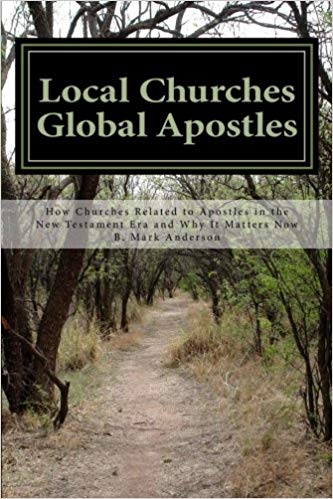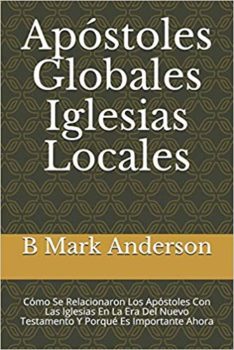bi-vocational minister
Hugh Halter hosts this workshop for church planters and pastors who are bi-vocational or considering it.
Source: Forge One Day BiVo Training (June 25) OutreachMagazine.com
At the Church of the Living Water we are searching for ways to support mission workers and evangelists. This training may help.







